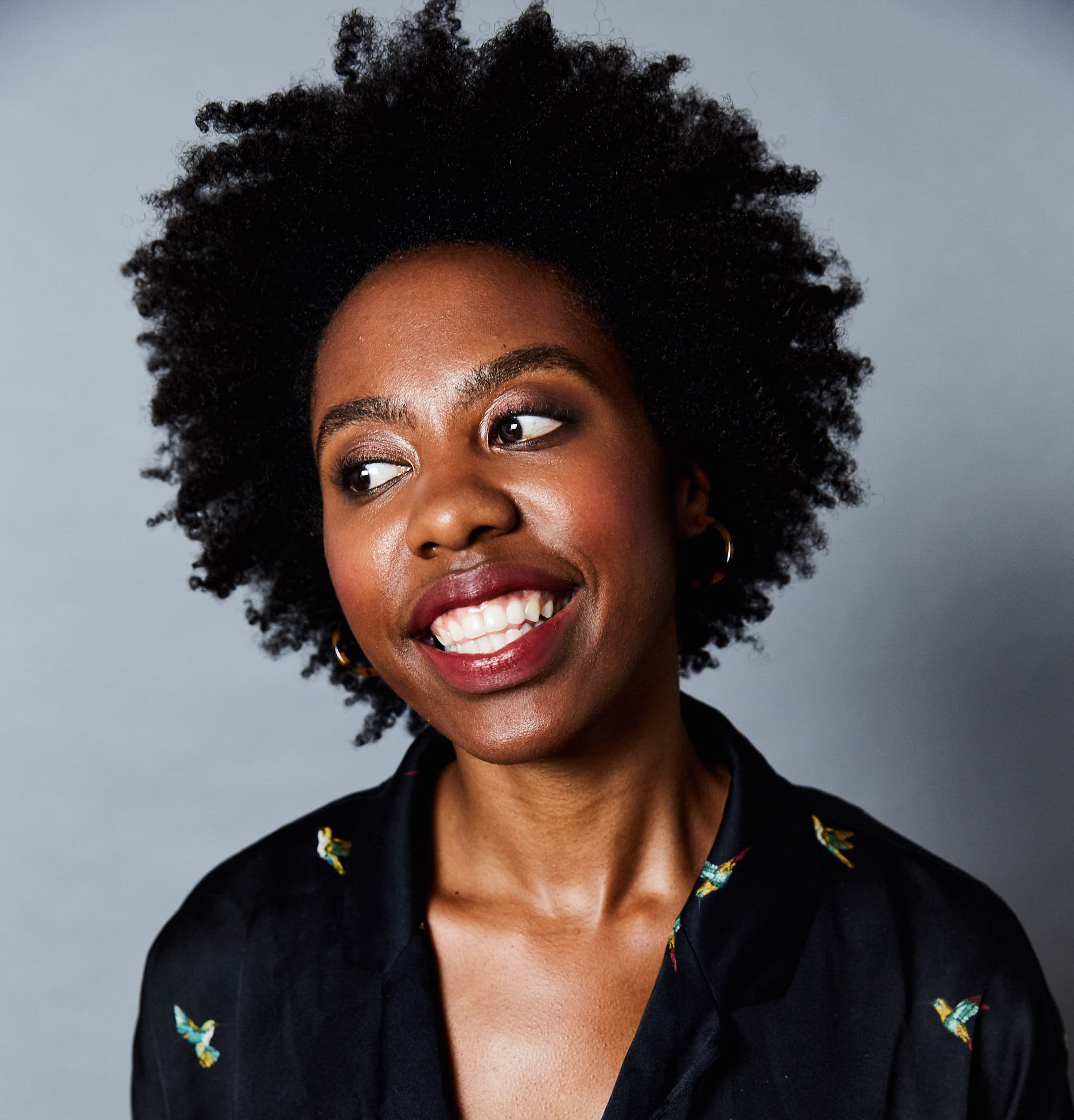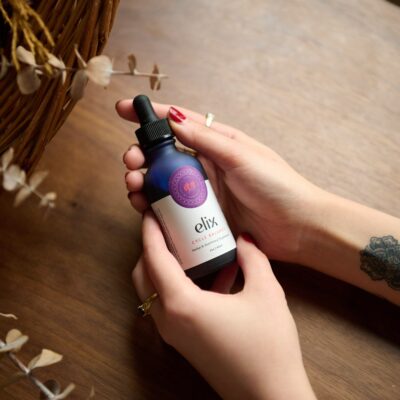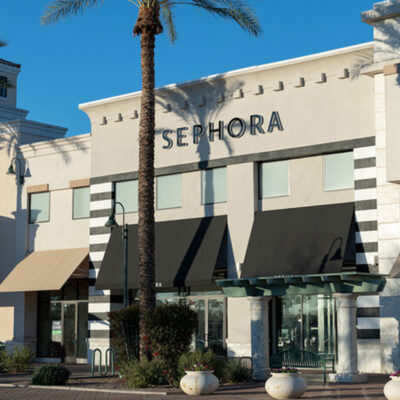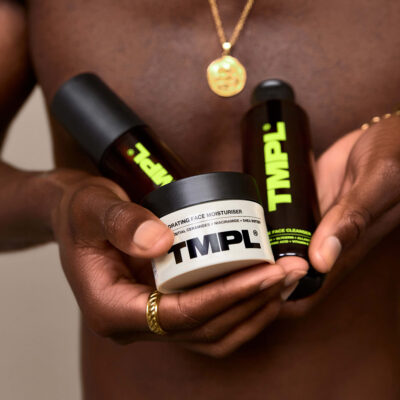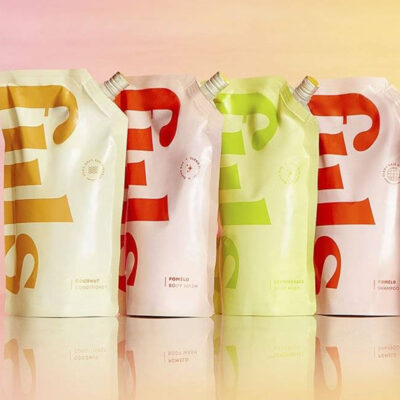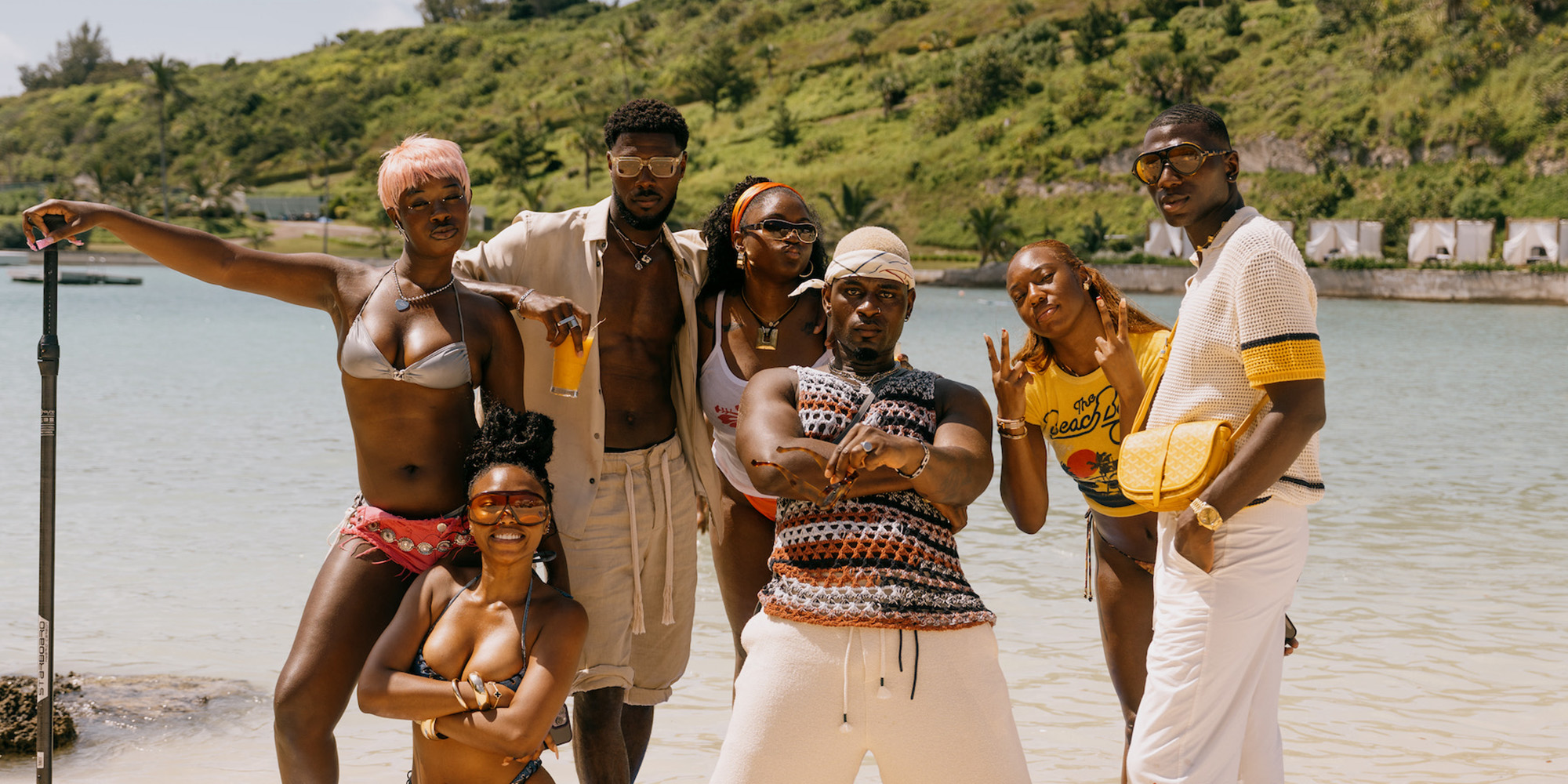
Over Three Days In Bermuda, Topicals Changed The Nature Of Influencer Trips
Marking its third birthday, Topicals hosted its first influencer trip last month in Bermuda, where editors, social media-savvy aestheticians, reality stars and influencers were treated to hotel rooms decked out in pillows, robes, water bottles and disposable cameras with the indie skincare darling’s branding, and enough products from Topicals as well as Vacation and Bread Beauty Supply to make their luggage cross the TSA threshold for overweight baggage. Their itinerary included group meals and a yacht party—and plenty of occasions for envy-inducing content creation.
With the exception of a pandemic pause, influencer trips have been a marketing staple in the beauty industry for the past decade, with brands plunking down hundreds of thousands of dollars, if not more (Tarte’s controversial #trippinwithtarte excursion to Dubai early this year is speculated to have cost more than $1 million), to focus the attention of people with valuable followings on them. Because of the expense—even at the low end, influencer trips can easily set back brands $50,000 to $70,000 per person—indie beauty brands have generally not been on the influencer trip tip. Tarte, for example, is owned by Japanese conglomerate Kosé Corp.
Topicals is a rare upstart brand to get on board the influencer trip strategy. However, it’s not as if the brand is the most cash-strapped of the indie beauty brand cohort. It’s raised a total of $15 million in funding—founder Olamide Olowe became the youngest Black woman to raise $10 million last November—and disclosed in 2022 that it was the fastest-growing skincare brand at Sephora. The brand declined to divulge the amount it paid for 18 trip-goers, not to mention staff, to spend three days in Bermuda. They stayed at the Hamilton Princess, where standard hotel rooms are priced regularly from about $700 to $1,000 per night, and airfare from the United States to Bermuda is generally hundreds per ticket.
But it’s not just Topicals’ non-conglomerate status that makes its influencer trip unique. The participants in it looked different from those attending many influencer trips that have been blasted for a dearth of Black and brown influencers. The majority of the people who hightailed it to Bermuda for “fun, sun, and to be Spottie Hottie-approved beach bums,” as Topicals put it on Instagram, were Black and brown, and several had never previously been on an influencer trip.
“As a Black-owned and predominantly operated business, we leaned into the creators who looked and felt like us,” says Alyssa Ackerman, head of content at Topicals. “It was never a second thought that we would be the first beauty brand to host a fully powered BIPOC brand trip.” According to Topicals, it garnered 3 million impressions and an increase of 5,000 followers across Instagram and TikTok as a result of the Bermuda influencer trip.
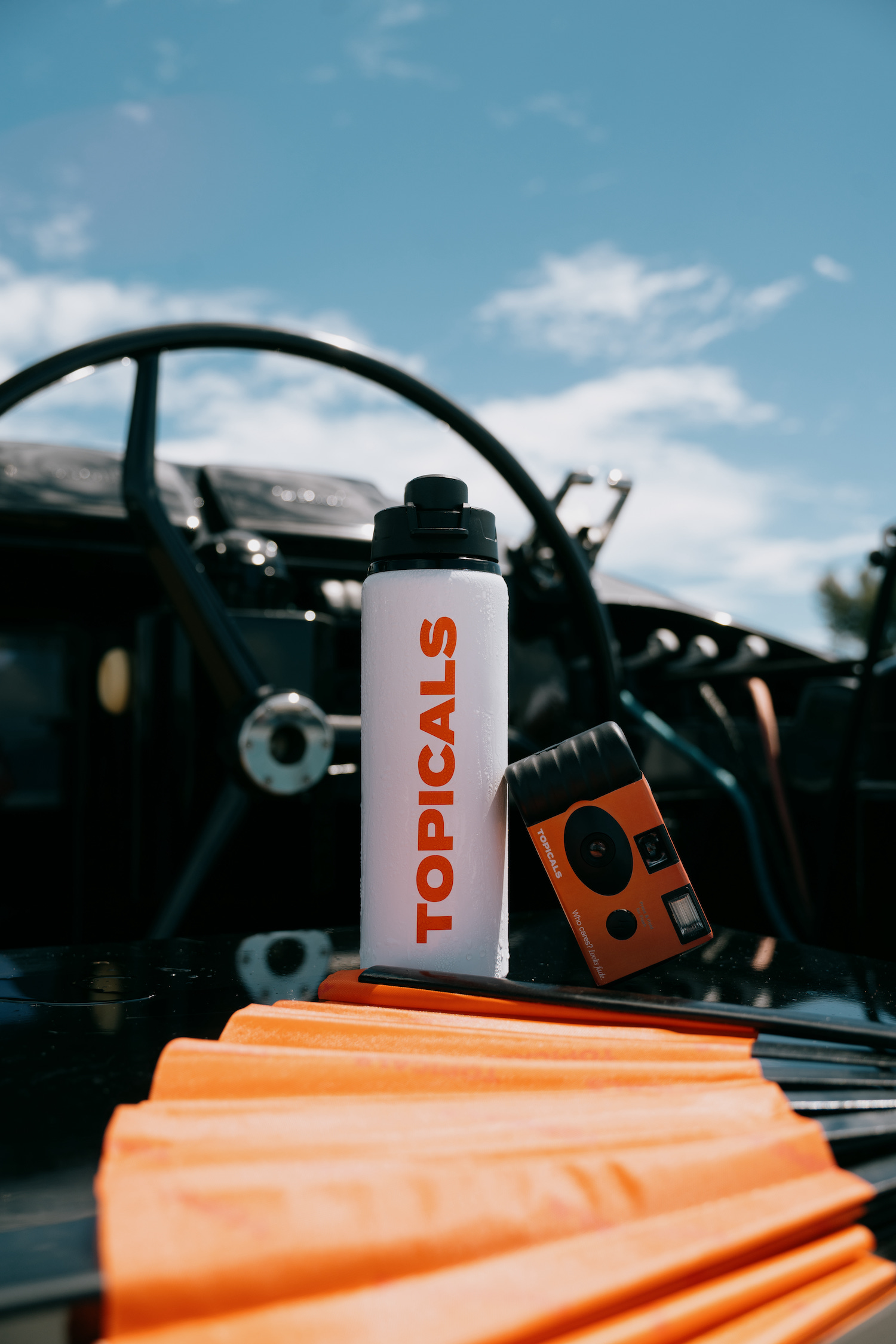
The Bermuda trip was travel and lifestyle influencer Destiny Owusu’s third influencer trip, but the only one she was completely comfortable at. “I always feel like I’m the token Black girl on the trip, I feel alone and uneasy,” she says. Speaking of the Topicals’ trip, she adds, “I didn’t feel like I was on a brand trip, I felt like I was on a trip with my family.”
Attendees were expected to document their daily activities on Instagram Stories and post a recap of the trip following it. It was Ishini Weerasinghe’s first influencer trip, and she was nervous about it because she’s heard horror stories about influencers on trips becoming sleep-deprived as they try to meet brand expectations. “The opposite happened with Topicals,” she says. “I left well-rested and inspired.”
Tarte has been the poster child for influencer trip horror stories. Critics have slammed the brand for lavishness—its Dubai trip boasted 50 influencers and their plus-ones staying at personal villas in The Ritz-Carlton Ras Al Khaimah—and lacking content creators of color on its trips. Black content creator Bria Jones accused Tarte of unequal treatment during a Formula 1 Miami Grand Prix-connected influencer trip in May.
In the category of all news is good news, though, the criticism doesn’t seem to have dented the earned media value performance of the brand’s trips—and perhaps gave them a bump. In the first quarter of this year, the period in which the Dubai trip occurred, creator marketing platform CreatorIQ estimates Tarte’s earned media value, a measure of the value of exposure, soared 64%, prompting CreatorIQ CSO and board member Conor Begley to declare on LinkedIn that influencer “trips are back.”
Still, Tarte seems to be sensitive to the complaints. On Sept. 15, the publication Glossy reported that the brand intends to host what it calls community trips moving forward. In July, the brand replicated the influencer experience for 13 community members and their plus-ones. They were flown to New York City, stayed at the Plaza Hotel for two nights and attended Beyoncé’s Renaissance Tour. Tarte founder Maureen Kelly told Glossy it was “one of the most rewarding experiences.” However, Tarte isn’t abandoning its courting of influencers. Glossy points out that it took 22 influencers to the Beyoncé concert, too.
Rebranded or not, Anna Vale, a global integrated marketing and communications consultant, doesn’t think influencer trips are going anywhere, but she cautions brands to carefully consider their objectives for them. “Are you going to get a sneak peek beyond what you can already get from the brand? Are you going to be building better relationships with the brand founders or with leadership in the brand?” she says. “If you go to some far away place, why are you going there? Is it because that’s where the ingredient was found and then you’ve got the hook? Are you going there just because it’s a nice place to vacation? If that’s the answer, that’s not a reason to have a trip.”
The message the trip is sending consumers is critical, suggests Vale. “If you are showing this fabulous life behind the scenes, and it’s completely unattainable to most customers, is that what you want to show?” she says. “Or do you work with the community and create an incredible campaign and show what is attainable for the same amount of budget?”
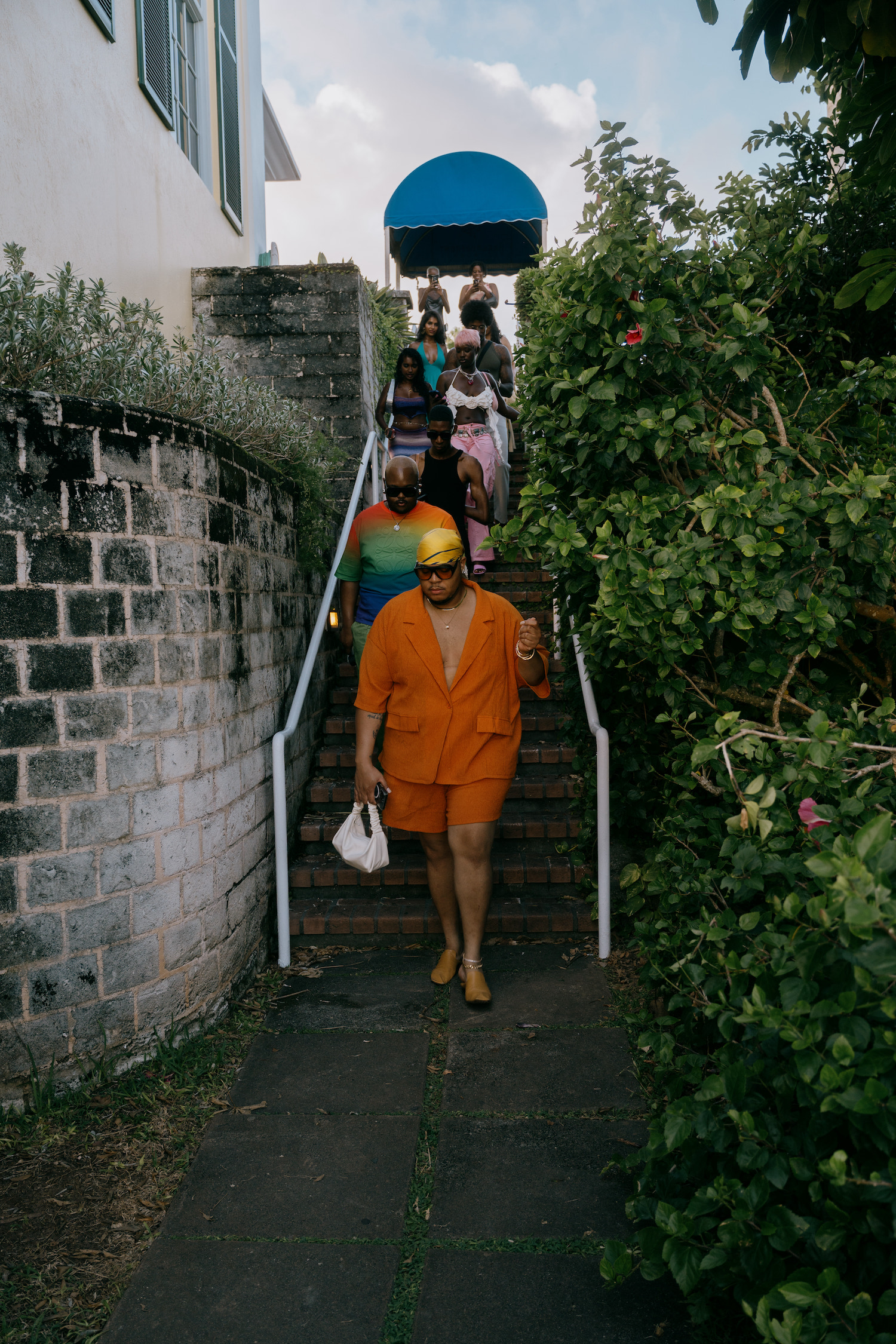
Inclusivity has become a must for influencer trips. Ackerman says Topicals’ Bermuda trip participants reflected the brand’s customers. “All of our creators came from the same or similar cultural background, creating a true sense of the Topicals’ community IRL,” she says. Speaking to brands, she continues, “Empower your audience by allowing them to see themselves in activations such as these. Nothing has created more online excitement than simply sticking to what was true for us.”
For content creators, making what seems like a vacation anything but is frowned upon. Owusu says, “On a brand trip, you should want to have fun, feel relaxed and create your content with no stress. Make the deliverables easy instead of asking for too much. Also, give micro-influencers chances to be on these trips as well.”
Weerasinghe counsels brands to take feedback about their trips seriously to be accountable to consumers. Her feedback for Topicals is gushing. “I feel very blessed that it was my introductory trip into this brand trip world,” she says. “It definitely set the tone and standard.”
